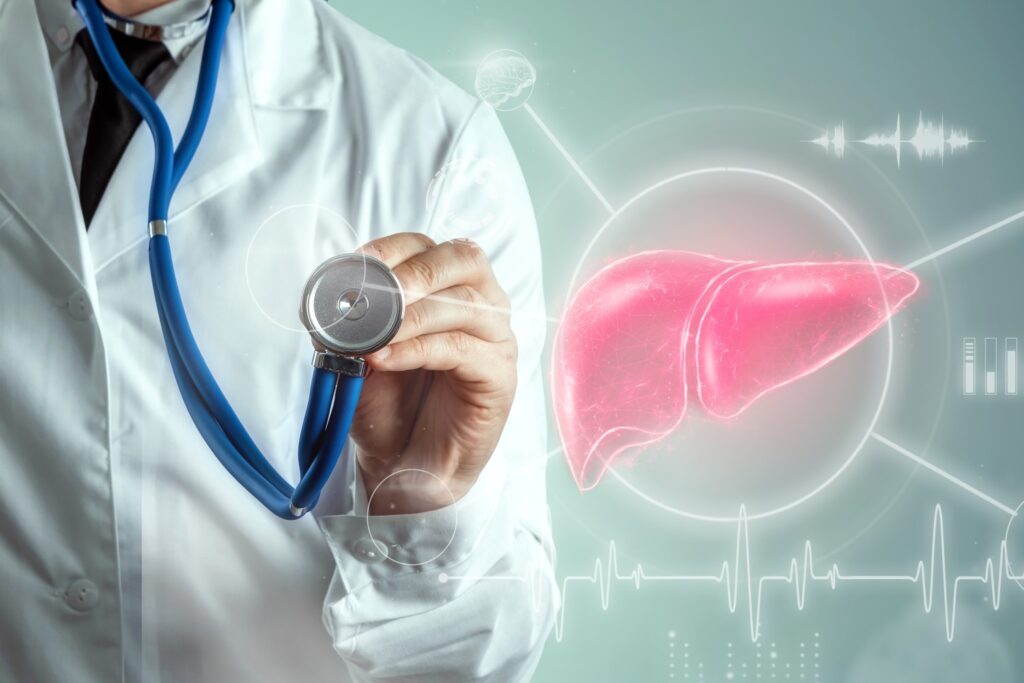Cirrhosis is a chronic liver disease characterized by the progressive and irreversible scarring of the liver tissue. It is often a consequence of long-term liver damage caused by various factors such as chronic alcohol abuse, viral infections (such as hepatitis B or C), non-alcoholic fatty liver disease, autoimmune conditions, and certain genetic disorders.
The liver, a vital organ responsible for filtering toxins, producing bile, and regulating various metabolic processes, becomes progressively damaged in cirrhosis. As the disease progresses, healthy liver cells are replaced by scar tissue, impairing liver function and leading to a wide range of complications.
One of the challenging aspects of cirrhosis is its silent progression in the early stages, often without noticeable symptoms. However, as the disease advances, symptoms gradually manifest. These may include fatigue, weakness, jaundice (yellowing of the skin and eyes), loss of appetite, weight loss, nausea, vomiting, abdominal pain, and swelling.
The diagnosis of cirrhosis involves a comprehensive evaluation that includes medical history, physical examination, blood tests, imaging studies (like ultrasound, CT scan, or MRI), and sometimes a liver biopsy to confirm the presence of liver scarring.
Treatment Overview for Cirrhosis
Effective management of cirrhosis depends on the underlying cause, the severity of the condition, and specific symptoms experienced by the patient. Treatment strategies include medication, lifestyle modifications, and potentially surgery for advanced stages.
Medications
Medications are tailored based on the specific causes and complications of cirrhosis. For example:
Antibiotics: To prevent or treat infections that patients with cirrhosis are at higher risk of developing.
Antivirals: Specifically for treating hepatitis B or C, which are common underlying causes of cirrhosis.
Lifestyle Changes
Lifestyle modifications play a critical role in managing and slowing the progression of cirrhosis:
Alcohol: Complete cessation is advised if cirrhosis is alcohol related.
Diet: Weight management is recommended, along with a low sodium diet, especially if the patient has ascites (abdominal fluid accumulation).
Regular Monitoring: Frequent check-ups to monitor liver health and manage any arising complications.
Surgery
In cases where cirrhosis has severely impaired liver function and other treatments have not sufficed, a liver transplant may be considered.
This option is typically reserved for advanced cirrhosis and depends on the patient’s overall health, eligibility for transplantation, and availability of a suitable donor.
Cirrhosis is a serious condition with potentially life-threatening complications. These can include portal hypertension, liver cancer, hepatic encephalopathy (a brain disorder resulting from liver failure), and increased susceptibility to infections. Regular monitoring, adherence to treatment plans, and close follow-up with healthcare professionals are crucial in managing cirrhosis effectively.
In conclusion, addressing the underlying causes, adopting a healthy lifestyle, and following medical advice, can help individuals with cirrhosis to improve the quality of life and reduce the risk of complications.


